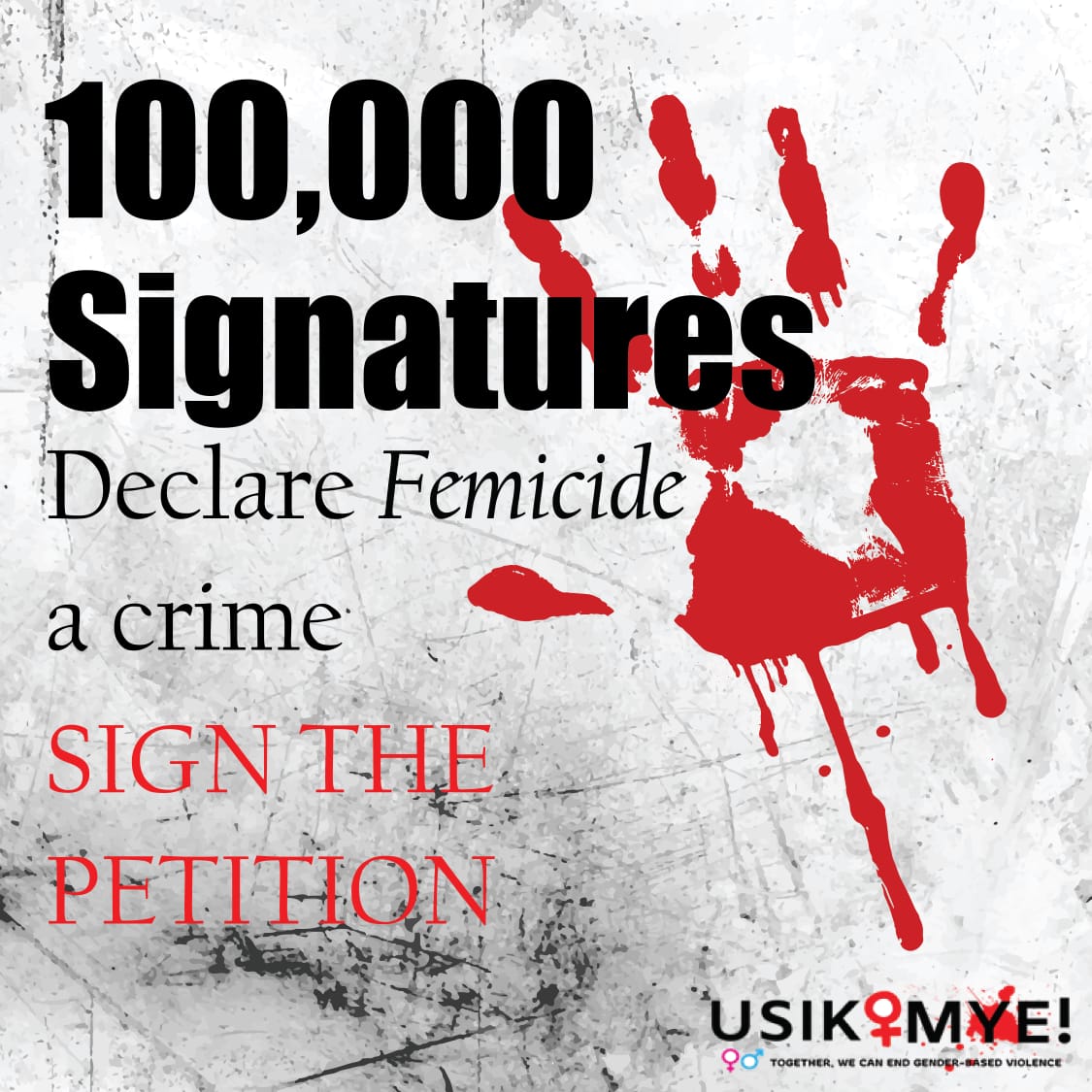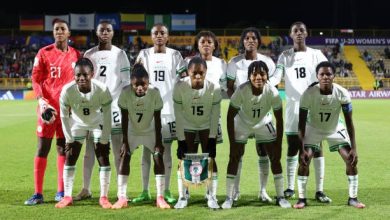Kenyan Activist Calls for Legal Recognition and Petition to End Femicide

|
Getting your Trinity Audio player ready...
|
A powerful post by Kenyan activist and Afro-feminist Njeri wa Migwi, co-founder of Usikimye, is drawing widespread attention online as the country grapples with a dire surge in femicide cases. The post, shared on X by NjeriWaMigwi, has garnered over 1,200 likes and reposts, with many expressing concern over the escalating violence against women.
“In 2024 alone, at least 170 women have been killed—the highest annual toll on record in Kenya,” the post read. “Recent reports show that, shockingly, an average of one woman has been murdered every day in the past week.”
Despite the alarming statistics, Kenya does not legally recognise femicide as a distinct crime. This means that these gender-based killings are poorly tracked, often ignored, and rarely result in justice.
“No recognition, no justice,” the post emphasises. “These murders keep happening because the root causes—misogyny and systemic discrimination—are overlooked.”
Citing examples from countries like Mexico, Argentina, and Italy where femicide has been formally recognised, activists argue that naming the crime is the first step toward accountability and systemic reform.
The post calls on the Kenyan government to take urgent action. It demands that femicide be legally defined as a separate crime in order to ensure proper tracking and accountability. It also calls for stronger laws and policies to prevent these killings and protect women. Furthermore, it urges the government to guarantee thorough investigations and justice for victims, and to increase funding for survivor support services.
“We have laws protecting property and money, yet when a woman’s life is stolen for being a woman, the system fails her. This must change.”
The movement urges the public to sign a petition demanding Kenya take legislative action and become the first African nation to recognise femicide legally.





